„Make” and „do” ->
W odcinku podcastu nr 67 opowiadam o czasownikach make i do. Oba to bazowe czasowniki w języku angielskim i oznaczają „robić” – i jest to podstawowy czasownik w każdym języku .
Trudność stanowi jednak ich stosowanie. Kiedy powinniśmy użyć „do”, a kiedy „make”? Tak naprawdę musimy po prostu nauczyć się lub „osłuchać”, z którymi słowami i wyrażeniami używamy „make”, a z którymi – „do”.
Dla ułatwienia poniżej znajduje się lista wyrażeń z „do” i „make”. Dalej znajdziecie te wyrażenia pogrupowane – może taka forma okaże się kluczowa dla rozróżnienia stosowania „make” i „do”?
Mówiąc najogólniej czasownik „make” oznacza manualne tworzenie czegoś, np.
-make a cake
-make coffee
– make a sculpture.
Czasownik „do” zaś to czynności ogólne. Często używany z takim określeniami, jak „something”, „nothing”, „anything”, „everything”, np.
– I didn’t do anything wrong.
– I did something special for you.
– I don’t like doing things myself.
– What are you doing tomorrow?
Lista wyrażeń z czasownikiem DO:
wyrażenie / znaczenie / przykład
Do badly / Źle wypaść / I did badly in the test. I think I will fail.
Do 50 km/h / Jechać z prędkością / People often do more than 50 km/h in a city.
Do one’s best / Zrobić co w mocy / I will do my best to help you.
Do business / Robić interesy / I like doing business with you.
Do chores / Wykonywać prace domowe / I am the only person to do chores in my house.
Do a course / Zrobić kurs / I would like to do a course im mountain climbing.
Do a crossword / Rozwiązywać krzyżówkę / They say that doing crosswords improves memory.
Do damage / Wyrządzić szkodę / The fire did a lot of damage in the house.
Do the dishes / zmywać / When I have a dishwasher I don’t have to do the dishes.
Do a drawing / Wykonać rysunek / Talented people can do beautiful hand drawings.
Do your duty / Wykonywać obowiązki / I have to do my duty and finishes
Do an exam / Podchodzić do egzaminu / I still have one exam to do to finish my studies.
Do an exercise / Wykonywać ćwiczenie / I like doing English exercises.
Do exercise / ćwiczyć / I like doing exercise, especially aerobics.
Do someone a favrour / Oddać przysługę / Could you do me a favour?
Do the gardening / Pracować w ogrodzie / Doing the gardening is so relaxing for me.
Do good / Zrobić coś dobrego / Do good and help poor people.
Do you good / Zrobić coś dobrego dla siebie / Eating fruit and vegetables will do you good.
Do your hair / Robić fryzurę / Women spend a lot of time doing their hair.
Do harm / Wyrządzić szkodę / Sorry, I didn’t mean to do harm.
Do homework / Odrabiać lekcje / After school children have to do homework.
Do housework / Wykonywać prace domowe / I hate doing housework, especially washing up.
Do the ironing / Prasować / Doing ironing makes clothes look nice and tidy.
Do your nails / Zrobić sobie paznokcie / Nowadays doing colorful nails is very trendy.
Do a painting / Malować obraz / Will you do a painting of me with these paints here?
Do paperwork / Zrobić papierkową robotę / In my home it is my wife to do the paperwork and fill all documents.
Do time / Odbywać karę więzienia / He got sentenced for commiting the crime and now he does time.
Do well / Mieć się dobrze / She does well in her new life.
Do your worst / Zrobić najgorsze co można / Don’t do your worst and get drunk.
Do work / Wykonywać pracę, pracować / I always have to do the work and not my colleagues.
Wyrażenia z czasownikiem MAKE:
Wyrażenie znaczenie Przykład
Make an appointment / Umówić się na spotkanie / I have to make an appointment to my dentist.
Make arrengements / Robić przygotowania / We have a lot of arrangements to make before our company party.
Make an attempt / spróbować / You are always late, but please make an attempt to come early tomorrow.
Make believe / Spowodować aby ktoś uwierzył / Children like to make believe that they are the heroes from comic books.
Make certain / Upewnić się / Make certain that the shop is open today before we go.
Make a change / Zmienić coś / Always make changes before the book is printed.
Make a choice / Dokonać wyboru / You cannot meet the two boyfriends. You have to make a choice.
Make a comment / skomentować / It’s not nice to make comments during a presentation.
Make a complaint / Poskarżyć się / When a device is faulty you need to make a complaint fast.
Make a confession / Wyznać coś / It is better to make a confession about a wrongdoing when you have bangs of consciousness.
Make a decision / Podjać decyzję / I have made a decision to break up with John.
Make a difference / Zrobić różnicę / What difference does it make if you choose a blue or a red one?
Make a discovery / Odkryć coś / Yesterday I made a discovery – I have my grandmother’s ring.
Make an effort / Podjąć wysiłek / I have to make an effort and write an extra essay for my friend.
Make an error / Pomylić się / I made an error and chose the wrong turn from the highway.
Make an exception / Zrobić wyjątek / I never get up before 7 am, but I will make an exception tomorrow.
Make an excuse / Wytłumaczyć się / Did you make an excuse why you came late yesterday?
Make a fire / Rozpalić ogień / It is pleasant to make a fire in winter.
Make a fool of yourself / Robić z siebie głupka / When I sing aloud I feel I make a fool of myself.
Make a fortune / Zarobić fortunę / Many people make a fortune on bitcoins.
Make friends / Zaprzyjaźnić się / Usually we make lots of friends at university.
Make fun of / Naśmiewać się z / It is not nice to make fun of other people.
Make an impression / Zrobić wrażenie / At a job interview it is crucial to make a good impression.
Make a joke / Zażartować / When you make a joke during a presentation people get more focused.
Make a list / Zrobić listę / I always make a list of people to invite to my Christmas party.
Make a loss / Mieć stratę / Due to poor sales the company made a loss last quarter.
Make a mistake / Popełnić błąd / He made so many mistakes in the essay that failed the exam.
Make money / Zarabiać pieniądze / Some people make money so easily and quickly become rich.
Make a move / Pospieszyć się, wykonać ruch / In many games you have a limited time to make a move.
Make a noise / Hałasować / After 10 pm you cannot make a noise.
Make an observation / zaobserwować / Last spring I made an observation that some new breeds of birds arrive to our country.
Make an offer Złożyć ofertę She has made the highest offer and won the bid.
Make a phone call / zadzwonić / Please make a phone call and find out about my order
Make plans / Robić plany, planować / Making long terms plans facilitates any work.
Make a point / Wyjaśnić, dojść do sedna / I would like to make my point but you keep disturbing.
Make a prediction / Przeiwdywać / Scientists make very sad predictions about the future of our planet.
Make a profit / Mieć zysk / When a company makes a profit, it may invest in the latest equipment.
Make progress /Robić postępy / When you watch a lot films in English it is easy to make progress in the language.
Make a promise / Obiecać / Don’t make promises which you cannot keep.
Make a reservation / zarezerwować / Chrismas time is busy in hotels. You have to make a reservation much earlier.
Make a sound / Wydawać dźwięk / This device makes a strange sound – maybe it is broken.
Make a speech / Wygłosić przemowę / For many people making a speech in public is very stressful.
Make a suggestion / Zasugerwoać coś / Can I make a suggestion? Let’s go out for a coffee!
Make sure / Upewnić się / Always make sure you have turned off the electrical devices before going out.
Make the bed / Pościelić łóżko / Making the beds in hotels is a very hard job.
Make trouble / Narobić sobie kłopotów / Selling drugs is the best way to make yourself trouble.
Make a visit / Odwiedzić / Making a lot of visits is tiring for me.
Make your way / Skierować się do / After leaving school he made his way to work.
Lista jest naprawdę długa, ale może inne podziały okażą się bardziej przejrzyste i łatwiejsze do zapamiętania:
DO
Work, jobs, tasks
• Do the housework
• Do your homowork
• Do a good job
• Do your chores
DO
Non specific activities
• Do something
• Do nothing
• Do anything
• Do everything
DO
Replace a verb with DO + noun
• Do your hair
• Do the dishes
• Do an exam
• Do the laundry
MAKE
Food, drink, meals
• Make a cake
• Make breakfast
• Make dinner
• Make a cup of coffe
MAKE
Product material or origin
• Made of gold
• Made from lemons
• Made in China
• Made by me
MAKE
Produce a reaction
• Make your eyes cry
• Make you happy
• Make you sleepy
• Make you smile
MAKE
Plans and decisions
• Make arrangements
• Make a decision
• Make a choice
• Make a plan
MAKE
Speaking and sounds
• Make a noise
• Make a speech
• Make a suggestion
Zapraszam również do odsłuchania odcinka nr 67 podcastu dotyczącego czasowników make i do. Wysłuchacie tam nie tylko o wyrażeniach z czasownikami MAKE i DO, ale także o wyrażeniach idiomatycznych i tzw. Phrasal verbs. Te ostatnie zaś są niezbędne, aby rozumieć język mówiony oraz aby móc poszczycić się przejściem na wyższe poziomy zaawansowania.
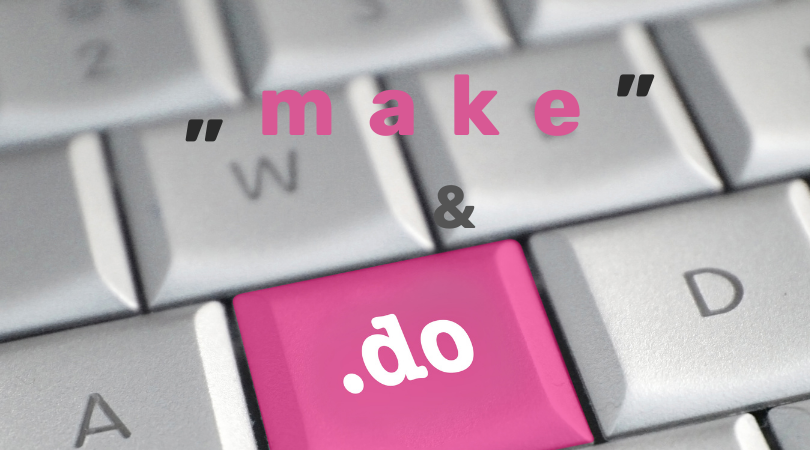
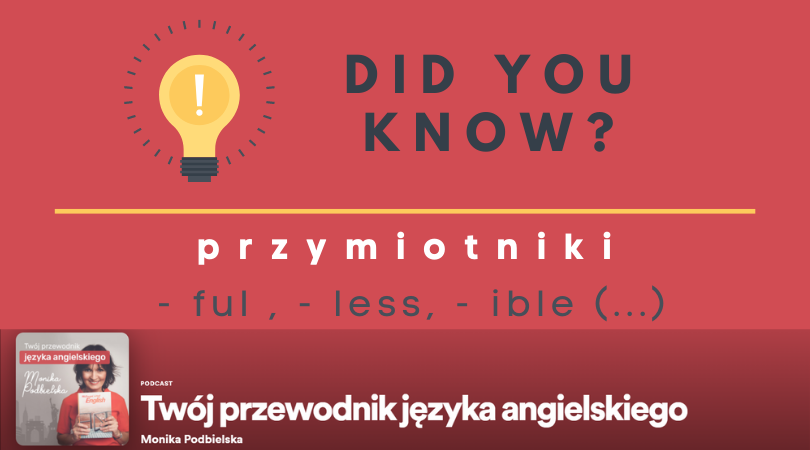
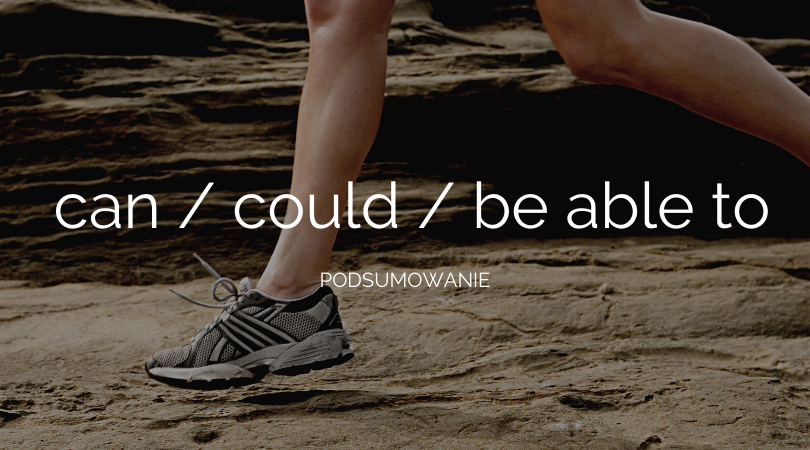
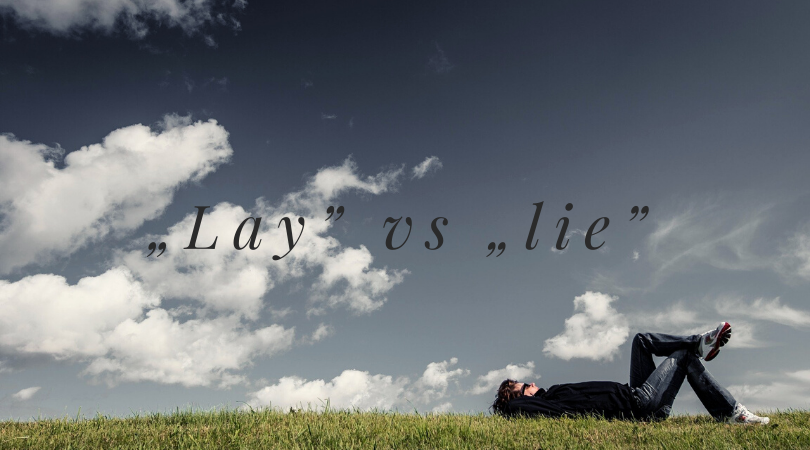
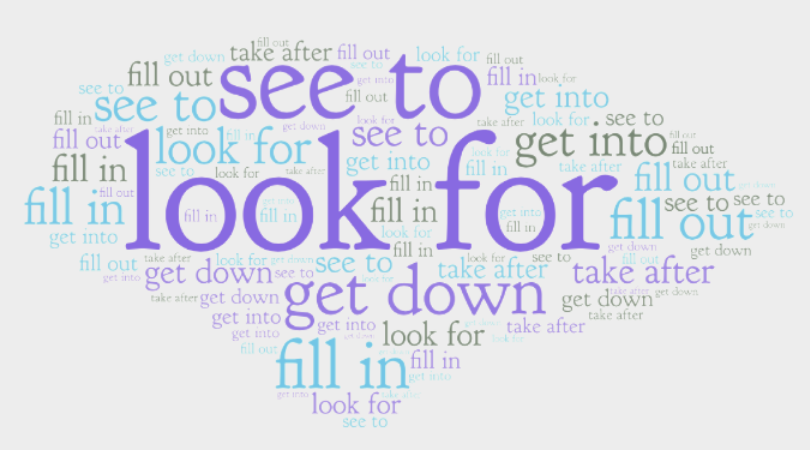

 Wszystkie cechy kluczowe dla współczesnego człowieka możemy podzielić na 3 kategorie.
Wszystkie cechy kluczowe dla współczesnego człowieka możemy podzielić na 3 kategorie.


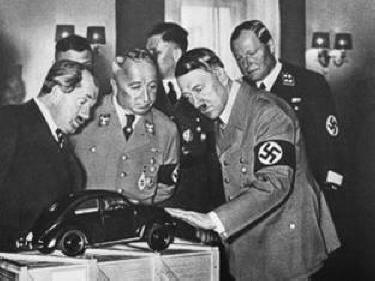 As the result we achieved the first Volkswagen – which literally means ‘a car for the people’. It was also one of the first cars with rear placed engine. We also have to note that it was the longest manufactured and most manufactured model of a car ever.
As the result we achieved the first Volkswagen – which literally means ‘a car for the people’. It was also one of the first cars with rear placed engine. We also have to note that it was the longest manufactured and most manufactured model of a car ever.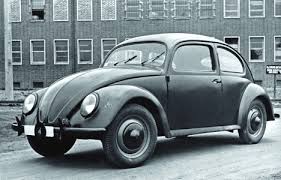
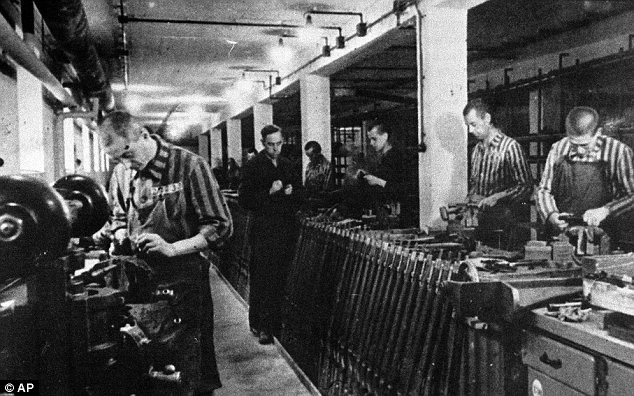
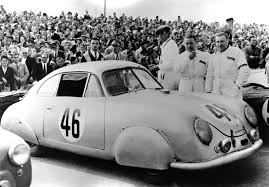
 Vocabulary:
Vocabulary: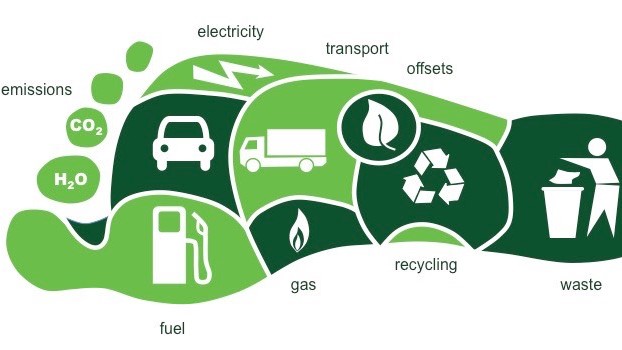

 Definicja słownikowa terminu „ślad węglowy” to ilość dwutlenku węgla wydzielanego do atmosfery w wyniku działań osób prywatnych, organizacji lub społeczności”.
Definicja słownikowa terminu „ślad węglowy” to ilość dwutlenku węgla wydzielanego do atmosfery w wyniku działań osób prywatnych, organizacji lub społeczności”.